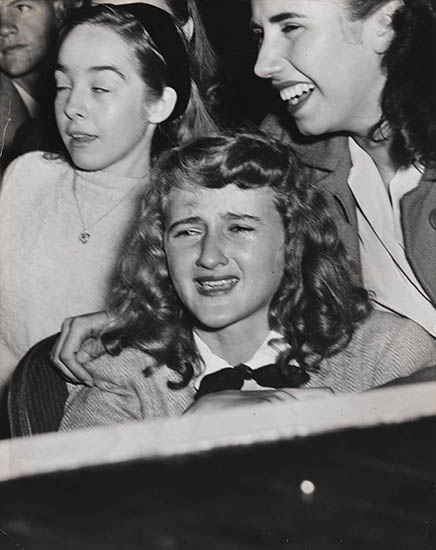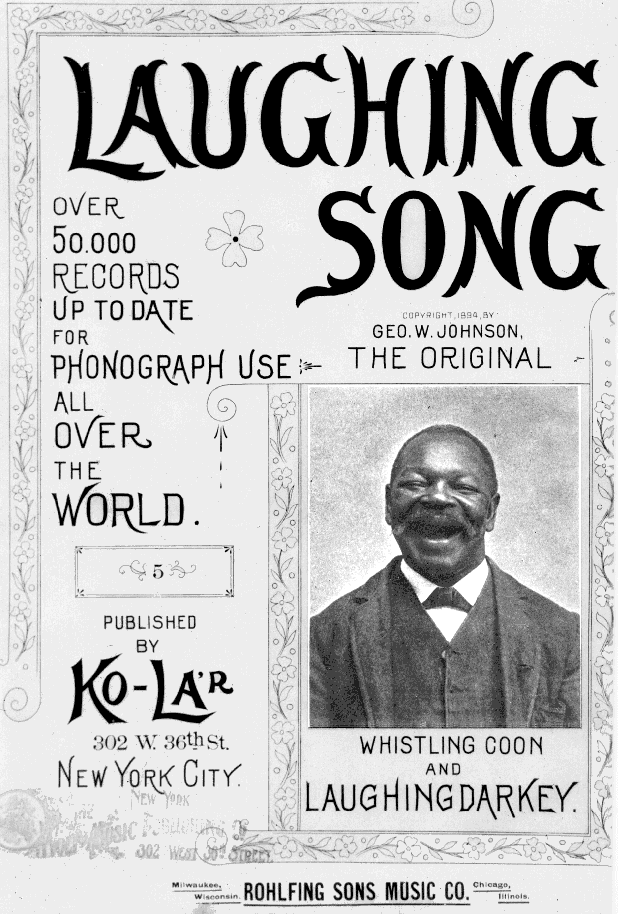Nirvana
Proud Member
What music was before elvis was it just classical music and baroque ?
Was elvis the first real singer and celebrity ?
Was elvis the first real singer and celebrity ?




No, the first celebrities in music history were opera singers going as far back as the 17th and 18th century. Especially castratos were extremely popular in the late 17th and the first half of the 18th century. Great castratos had a very powerful and a very high voice because they were castrated. During performances by someone like, say, Farinelly there were scenes of mass hysteria - women fainting, screaming, and so on. In the second half of the 18th century castratos disappeared from the scene and tenors and especially sopranos became the most popular voice types. Someone like Jenny Lind was as popular in the 19th century as our pop queens are today, including tours with concerts for tens of thousands of people. There were also instrumentalists who were stars. Violinist Nicolo Paganini for example was sorta the Jimi Hendrix of the 19th century. When the grammophone was invented tenor Enrico Caruso became early in the 20th century the first superstar of the record industry - the first one to sell millions of records.What music was before elvis was it just classical music and baroque ?
Was elvis the first real singer and celebrity ?


The 'pop music' of the first half of the 20th century came primarily from three fields:
1) The musical.
Virtually every singer sang and recorded songs that came from musicals. Musicals were huge in those days, both in the theatre and on the silver screen and the songs from songwriters like Irving Berlin, Cole Porter, Harold Arlen and about half a dozen others continue to be popular and widely recorded to this day. 80% of everything that people like Frank Sinatra, Bing Crosby, Ella Fitzgerald and Tony Bennett ever recorded are songs from these guys. Even jazz instrumentalists improvised on tunes from them.
2) Jazz.
Singers recorded songs from musicals, but the arrangements were often heavily influenced by jazz. Ragtime was an important movement around the turn of the 19th/20th century with Scott Joplin as it's most important representative, then came Dixieland (Louis Armstrong) and in the 1930's you had the bigbands when Swing (Glenn Miller, Benny Goodman, Duke Ellington, Count Basie) was hugely popular. In the mid-40's Jazz moved into it's be-bop phase and became a form of 'art-music' and as such became less of an influence on pop.
3) Vaudeville.
Remember the minstrel shows? Al Jolson (in blackface) was the first superstar 'pop' singer' with his ridiculous mammy songs. The music from categories one and two has stood the test of time - the music of the singers that came out of the Vaudeville movement hasn't. In fact, they sound laughable to modern ears. Even so - Jolson was the biggest star in popular music until Bing Crosby arrived on the scene.
One thing you have to keep in mind is that in those days music from black artists was except for a few very rare exceptions (Armstrong, Nat King Cole) only popular among people of colour. Black jazz artists were the most important of their time from an artistic perspective, but it were usually the watered down white versions of the same music that sold the most records to the whites - which is where the money was. There was a musical apartheid in those days. Even when a record by a black artist sold enough copies to be on the 'big' charts it wasn't included because it was considered 'race music.' If there's one thing we have to be grateful for to Elvis it's that he changed the attitude of whites towards black music. His early records sounded black enough to make the listener curious enough to check out the real thing. He did for radio what Michael did for MTV so to speak.
Oh i loved this. Thank youScott Joplin (2019)
Herman "Junior" Parker was an American blues singer and musician. He is best remembered for his voice which has been described as "honeyed" and "velvet-smooth". One music journalist noted, "For years, Junior Parker deserted down home harmonica blues for uptown blues-soul music".Junior Parker......... Mystery Train 1953
